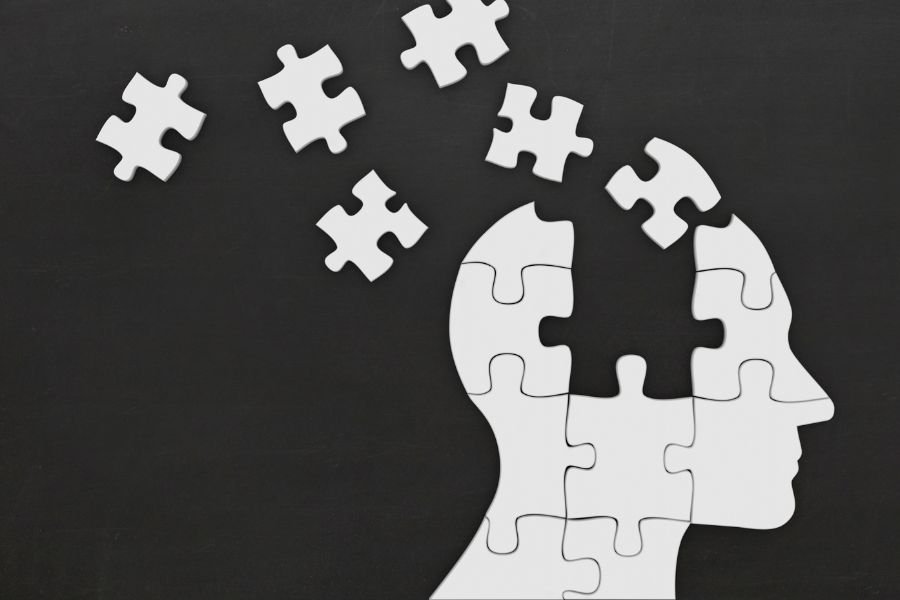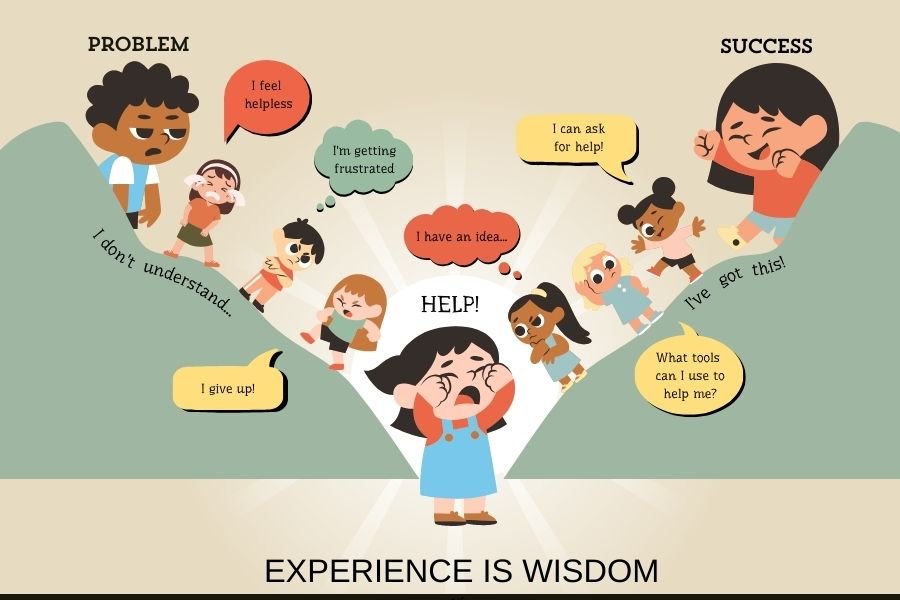Loneliness is a complex and often misunderstood emotion that can unexpectedly impact individuals. While it is commonly perceived as something that only affects the single or elderly, the truth is that loneliness knows no boundaries. It can exist even within the confines of a committed relationship and can be felt by individuals of all ages, breaking down stereotypes and defying societal expectations.
Loneliness is a complex and multifaceted experience that can manifest in unexpected ways. While it is commonly associated with social isolation or a lack of meaningful connections, loneliness can permeate various aspects of our lives, even when we are surrounded by people.
It is also essential to recognize that loneliness is not solely a state of being alone; it is a subjective experience that can manifest even in the presence of others. Individuals who struggle with social anxiety, low self-esteem, or difficulty forming meaningful connections may feel profoundly lonely despite being surrounded by people.
Loneliness is highly nuanced and has a lot more layers than we expect. One of the most surprising aspects of loneliness is its presence within relationships. We often assume that being in a partnership automatically shields us from the pangs of isolation, but in reality, it can be a breeding ground for loneliness.
The point that I am making is that our awareness of loneliness can be wrong or meager. The aspects we were looking upon as the way out of loneliness might as well be just another road to it. Whether you are an extrovert whose life is filled to the brim with friends and acquaintances or an introvert who finds it hard to open up with colleagues, loneliness can affect anyone. Here are some unknown facts that might help you:
- Subjective Quality: Loneliness doesn’t depend on the number of friends you have. It’s all about the subjective quality of your relationships—whether you feel emotionally and socially connected to those around you.
- Marital Loneliness: Surprisingly, over 60% of lonely people are married. When couples stop sharing their deepest feelings and experiences, it can lead to disconnection and loneliness.
- Perceptual Distortions: Loneliness distorts our perceptions of relationships. Simply recalling lonely moments can make us devalue our connections, causing a vicious cycle of withdrawal.
- Contagious Loneliness: Loneliness spreads in social networks. Over time, lonely individuals and even their friends tend to be pushed to the social periphery.
- Feeling Colder: Loneliness can make us feel physically colder. Our skin temperature drops, echoing our evolutionary past when isolation meant being away from the warmth of the tribe.
- Bodily Stress: Loneliness triggers an immediate bodily reaction. It increases blood pressure and cholesterol and activates stress responses.
- Increased Risk of Death: Severe loneliness is associated with a 14% higher risk of early death.
- Internet Use: Loneliness has been linked to increased internet use, especially on platforms like Facebook.
- The Role of Social Media: The constant exposure to curated lives and highlight reels can breed a sense of inadequacy and disconnect, even among those with an active social circle.
These are some unknown facts I came across during my research. It is astonishing how one feeling can be so dynamic in its functioning. When dealing with loneliness, we must be careful and fully aware of its effects.
Addressing loneliness requires a multifaceted approach encompassing self-awareness, emotional intelligence, and a willingness to step out of one’s comfort zone. Developing practical communication skills, practicing mindfulness, and actively seeking out opportunities for authentic connections can help alleviate the grip of loneliness.
Remember, loneliness is a natural human experience, and there is no shame in acknowledging its presence. By cultivating self-compassion, seeking support when needed, and making conscious efforts to foster meaningful connections, we can navigate the complexities of loneliness and emerge with a deeper understanding of ourselves and our relationships.
Remember that loneliness is more than being alone—feeling disconnected. If you ever experience loneliness, consider contacting someone you trust or seeking professional support. You’re not alone in feeling this way!














